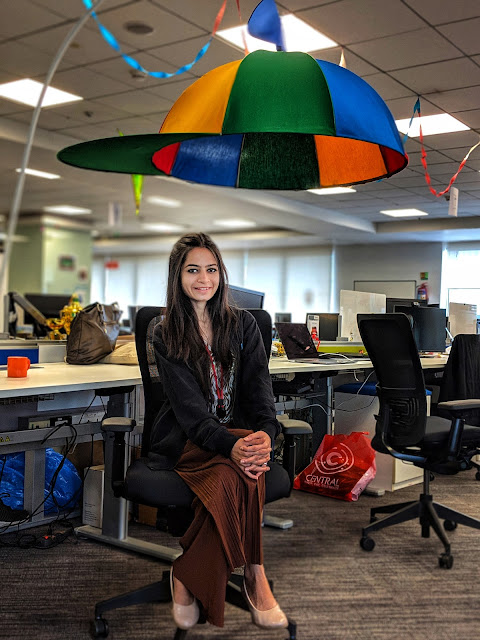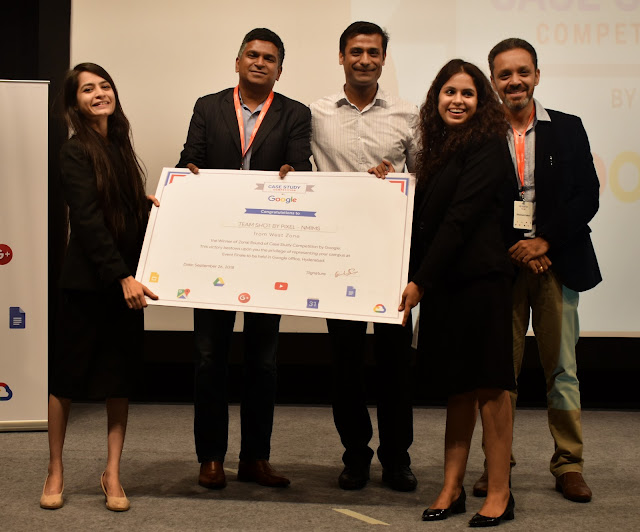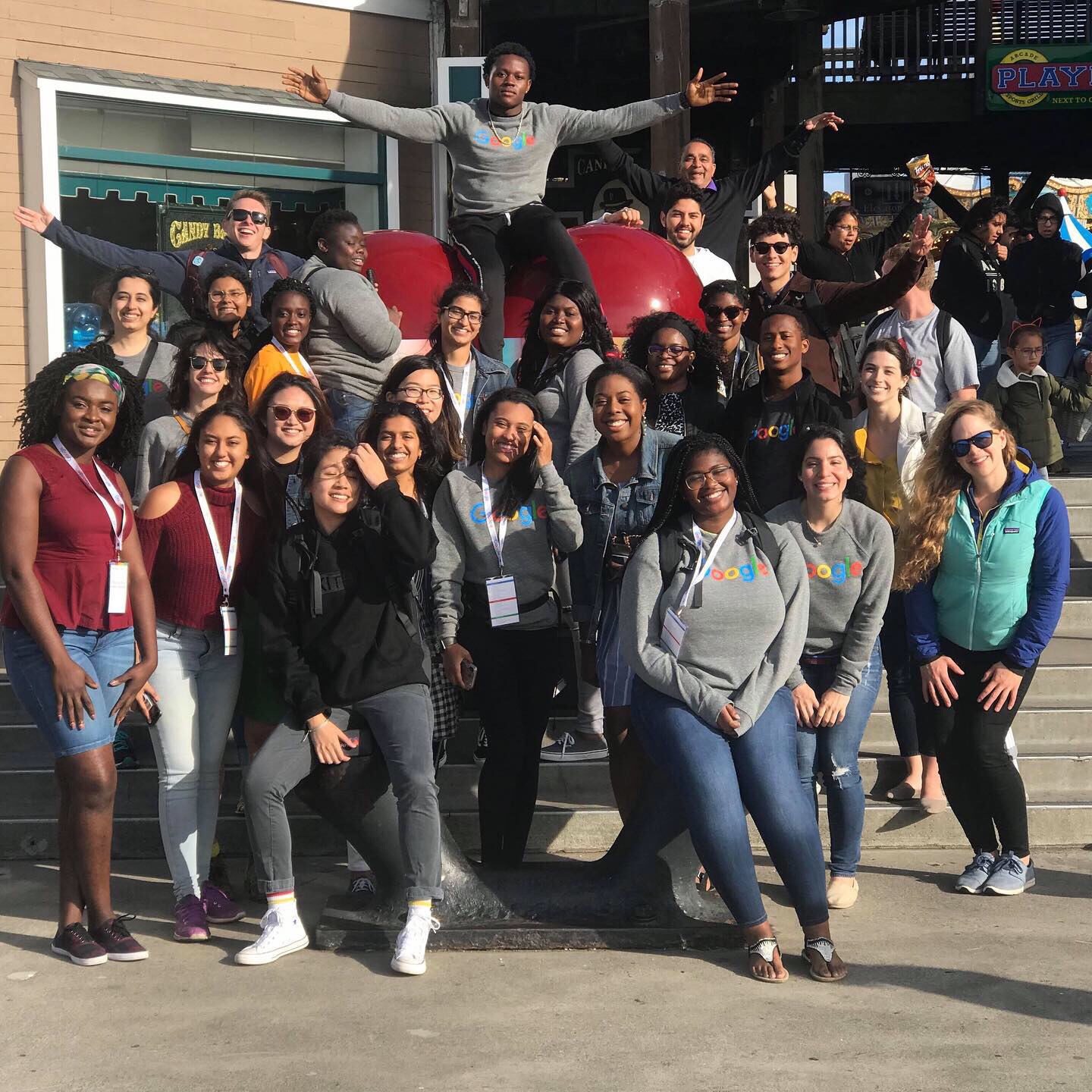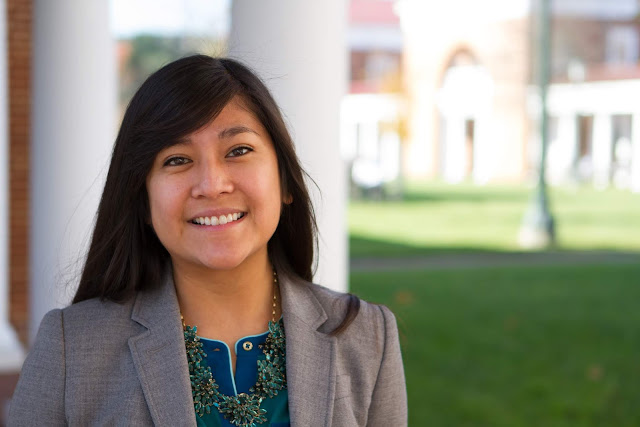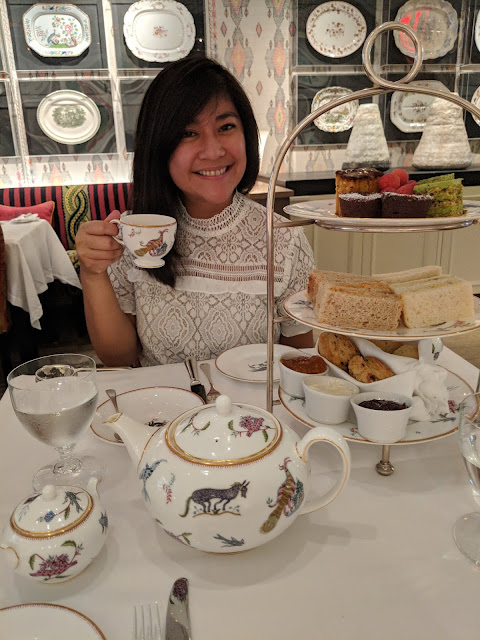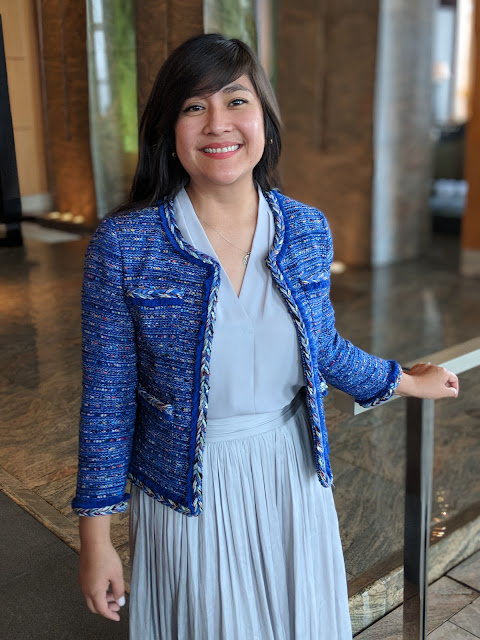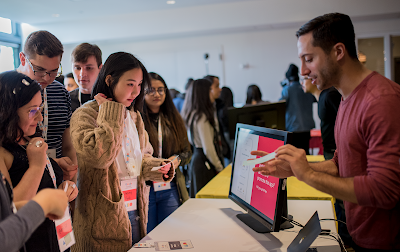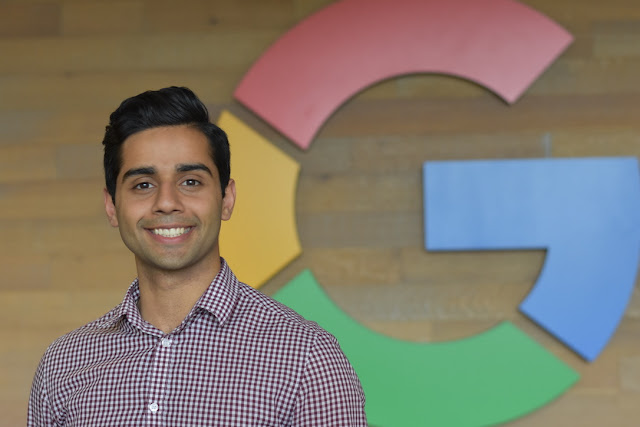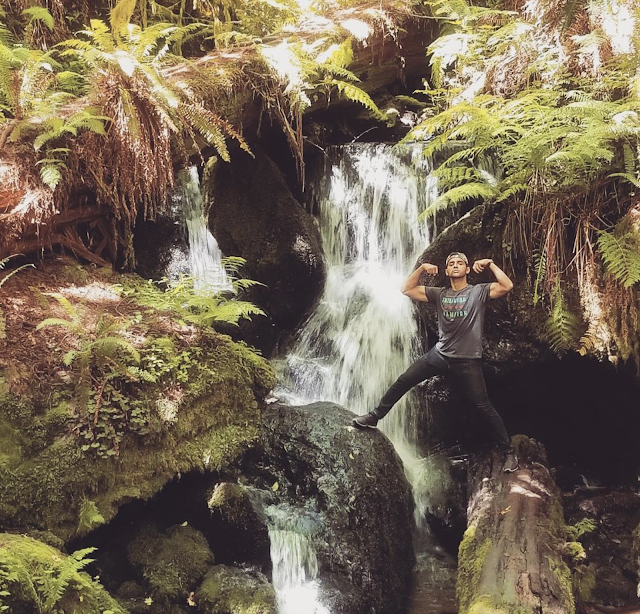The application is live for the 2019-2020 school year with Code Next — a free (yes, free!) computer science education program for Black and Latinx high schoolers in Oakland and New York. The program works in communities to inspire and equip students with the skills and education necessary for careers in CS.
Apply now — seats are limited. Applications for fall term close on Sept 13.
Code next members will have access to several courses, activities, and programs that are both “exposure-based” (basic introductions to computer science) and “immersion-based” (deeper, more practice-based coding).
Programs include:
Currently, Code Next is completely in-person at our three labs in Oakland, California and New York City (Chelsea and Harlem).
Applications are reviewed on a rolling basis, but members will be accepted three times throughout the year at the start of each seasonal term. For the Fall term (October - December) and more yearlong programming, applications close on September 13.
Any student in 9th to 12th grade can apply. Because this a live, in-person program, you should live in the vicinity of the lab you apply to. We will accept applications from everyone, but strongly encourage Black and Latinx students to apply.
You can apply and become a member without coding experience, but for our immersion-based programs, experience with coding will be required to successfully complete the program.
Visit the Google Code Next website for more information and to apply. More questions — give us a shout at [email protected].
Apply now — seats are limited. Applications for fall term close on Sept 13.
Code next members will have access to several courses, activities, and programs that are both “exposure-based” (basic introductions to computer science) and “immersion-based” (deeper, more practice-based coding).
Programs include:
- Clubs (exposure-based): Seasonal programs that focus on one of three critical skills in computer science, engineering, or leadership.
- College and Career Readiness (exposure-based): One-year college prep course that prepares students to apply for college.
- Team Edge (immersion-based): One-year program that focuses on building critical skills in computer science & leadership, and includes 1:1 mentoring with real Googlers.
- Launch (immersion-based): A summer program on product development, entrepreneurship, and branding.
Currently, Code Next is completely in-person at our three labs in Oakland, California and New York City (Chelsea and Harlem).
Applications are reviewed on a rolling basis, but members will be accepted three times throughout the year at the start of each seasonal term. For the Fall term (October - December) and more yearlong programming, applications close on September 13.
Any student in 9th to 12th grade can apply. Because this a live, in-person program, you should live in the vicinity of the lab you apply to. We will accept applications from everyone, but strongly encourage Black and Latinx students to apply.
You can apply and become a member without coding experience, but for our immersion-based programs, experience with coding will be required to successfully complete the program.
Visit the Google Code Next website for more information and to apply. More questions — give us a shout at [email protected].



